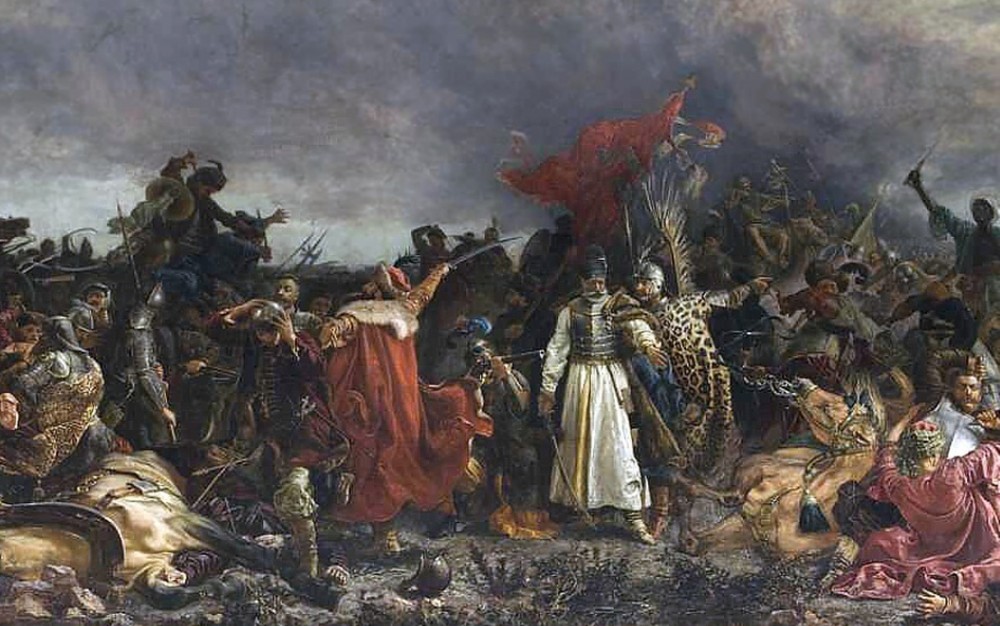
The article focuses on the Cossack campaigns in the Moldavian principality of the 1570s and their intensification after the formation of the Registered troops in the Polish-Lithuanian Commonwealth (Rzech Pospolita), when the Cossacks got the estate rights and privileges. The registrants had to serve in the frontier, yet they often carried out sea and overland campaigns to the Ottoman Empire together with Zaporozhian Cossacks. During the expeditions, the Cossacks not only acquired the so-called “Cossack bread”, but also freed Ukrainian prisoners from captivity and interfered in the internal affairs of the neighbouring states, being supported by local government officials at the southern border, who received their share of the profit. The Turkish conquest of Moldova brought about political instability due to the struggle for the royal throne. Having got it, a nominee had to get the support of the sultan, which cost a lot of money. This situation was actively used by sovereigns and authorities of Poland, Transylvania, Voloshchyna. Subsequently, Ukrainian Cossacks began to join in as a powerful military force. The vivid intervention episode was the case of Ivan Pidkova. At the request of Moldavian boyars, who recognized him as the brother to John III the Terrible, murdered by the Turks, he organized a military campaign in the autumn of 1577. After gaining the capital of the Principality, Iassy, Pidkova was proclaimed monarch, and asked Sultan to enthrone him in Moldova. Sultan Murad III arranged his troops in the Danube states and helped Peter the Lame to regain the lost throne. On returning to Ukraine, Pidkova was arrested by the order of King Stephen Bathory and executed in Lviv. However, his public execution did not prevent the Cossacks from trying to seize Moldova again.
Source: Shcherbak V. (2019). Moldavian campaigns of Ukrainian cossacks in the 1570s. Rusin. №55: 44-57
Source web-site: http://http://journals.tsu.ru/rusin/en/&journal_page=archive&id=1839&article_id=41592
Number of views: 3537